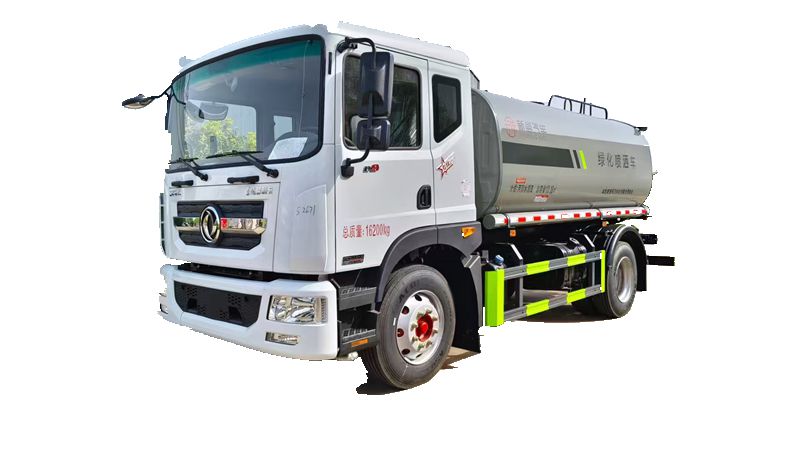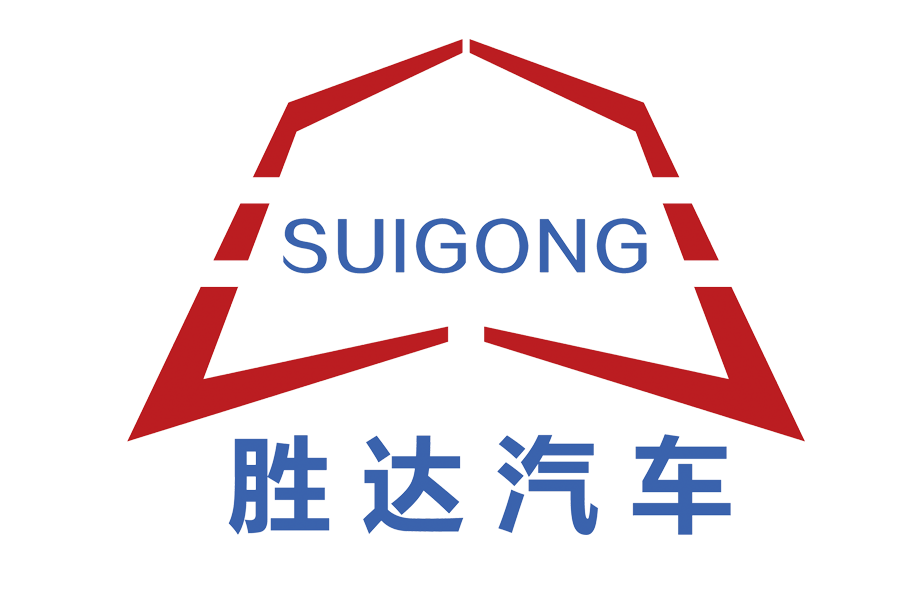Innovative Water Treatment for Reuse
Sprinkler truck operators are finding creative ways to source and treat water for more sustainable operations. In Berlin, Germany, a fleet of sprinkler trucks is fueled by water from urban wetlands. The water undergoes natural filtration through wetland plants before being pumped into the trucks, reducing the need for chemical treatments. This system not only provides a renewable water source but also supports wetland ecosystems.
In Dubai, United Arab Emirates, where freshwater is scarce, sprinkler trucks use advanced desalination technology mounted directly on the vehicles. The on-board systems convert seawater to usable water for street cleaning and landscaping, reducing reliance on municipal water supplies. “We’re turning a challenge into an opportunity,” explains a water resource manager.

Cultural Heritage Protection in New Ways
Sprinkler trucks are being adapted to protect cultural sites from environmental damage. In Rome, Italy, low-pressure sprinkler systems mounted on trucks are used to gently clean ancient marble statues and buildings. The controlled spray removes pollutants without damaging delicate surfaces, a task previously done manually with brushes. Conservators note that the method is 50% faster while being gentler on artifacts.
In Peru, sprinkler trucks help maintain the adobe structures of historic villages in the Andes. The trucks deliver moisture to the walls during dry seasons, preventing cracking and erosion caused by extreme temperature changes. Local preservationists credit the initiative with extending the lifespan of these traditional buildings.
Overcoming Access and Training Gaps
While innovation thrives in some regions, access to advanced sprinkler technology remains limited in others. In rural parts of Tanzania, farmers lack access to even basic sprinkler trucks, relying on manual watering that limits crop productivity. International aid organizations are working to address this by providing affordable, locally assembled sprinkler attachments that can be fitted to existing tractors.
In Eastern Europe, training for operators of advanced sprinkler systems is scarce. To bridge this gap, technical schools in Poland and Hungary have launched certification programs focused on modern sprinkler technology, ensuring operators can maximize efficiency and minimize waste.
Future Outlook: Eco-Friendly and Connected
Industry experts anticipate that future sprinkler trucks will be fully electric, with solar-powered auxiliary systems to reduce carbon footprints. They also foresee greater connectivity, with trucks communicating with weather stations and urban management systems to optimize routes and water usage in real time.
“Sprinkler trucks are becoming environmental stewards,” says an agricultural technology researcher. “Their ability to adapt to both urban and rural needs while prioritizing sustainability will make them increasingly important in the years ahead.”
As sprinkler trucks take on these new roles, they continue to demonstrate their versatility and importance in building healthier, more sustainable communities. From cleaning up microplastics to nourishing crops, these vehicles are proving that innovation can transform even the most familiar tools into agents of positive change.

